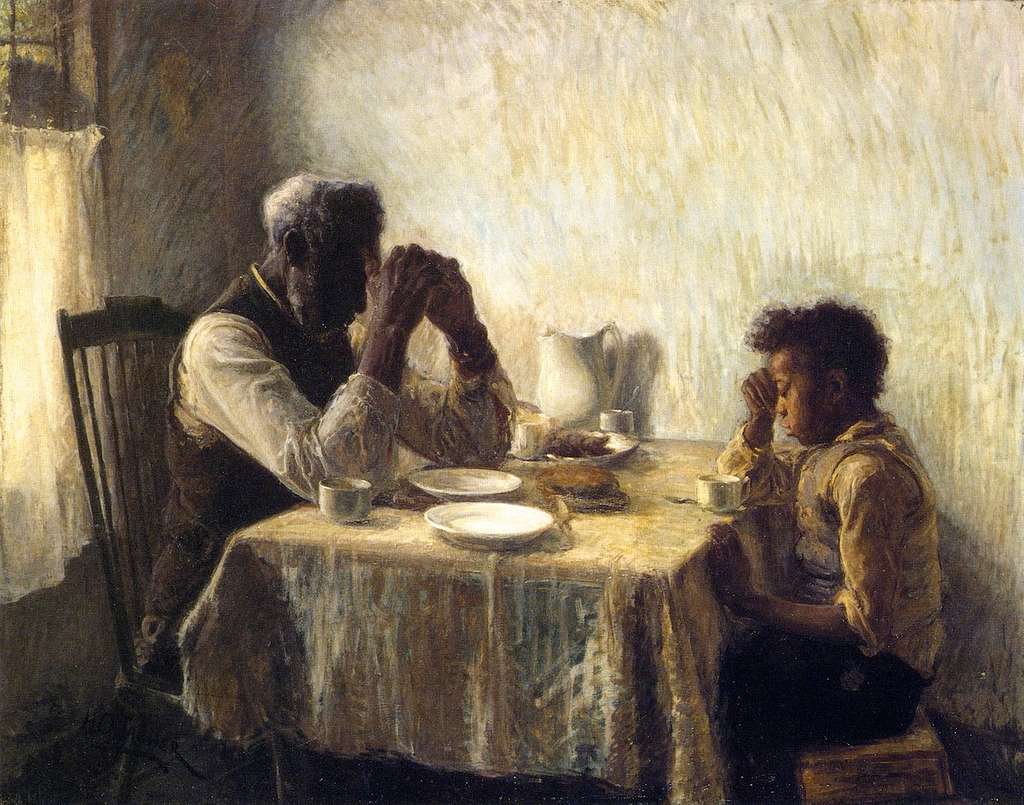Our Joy is Not in the Trials, but in Him
MARYBETH MCGEE | GUEST Recently, my own words echoed in my head: “Our joy is not found in the trials, but in Him.” Those words—from an article I wrote here last Advent—were suddenly tested in a trial unlike any we weathered before. On May 22, 2025, our home erupted in chaos on the first morning of summer break. My middle son and I discovered that my oldest son had passed away—unexpectedly, quietly, without any warning. At just fourteen, he was gone, and there was nothing we could do. Years of waiting and praying for this child—and his brothers—felt ripped away in an instant. Powerless. Crushed. Broken. Even as I spoke with emergency services, I felt the battle for my soul begin. Shock, fear, anger, and a grief beyond words swirled inside me as I heard the familiar whisper echo from Genesis 3: “Did God really say?” Peter’s words became more real than ever—there truly is an enemy who prowls like a lion, seeking to devour (1 Peter 5:8). I knew this would be a test of my faith. Our family was being called to the front lines of spiritual warfare, and we needed reinforcements. My second call, just minutes later, was to my pastor. Like any good shepherd, he rushed to our home and stepped straight into the chaos. My husband was an hour away at work; our house filled with firefighters, paramedics, and sheriffs—faces my children had rarely seen outside of children’s shows, let alone in our front yard. Over the next several days and weeks, our home was a constant flow of people, tears, laughter, joy, and deep mourning. The circumstances were devastating, but something different was happening. Trials, both great and small, tend to stir up thoughts about gratitude—or the lack thereof. We can’t talk about gratitude without acknowledging the tension between our expectations and our circumstances. If anyone ever had an excuse to skip gratitude during a trial, the loss of a child would seem like a good one. But do we really get a pass because life feels unbearable? As you might guess, my answer is no...










